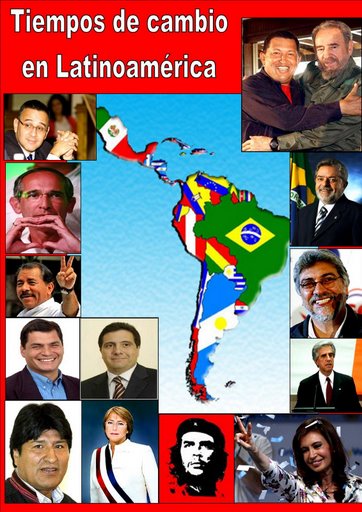
(d. 30 Jan. 1932) Salvadorean; revolutionary agitator in Central America in the 1920s, leading member of the Communist Party of El Salvador (PCS) The son of a landowner of mixed Indian/Spanish (mestizo) race, Marti was known as El Negro because of his dark complexion. He was educated at the National University of El Salvador, where he became influenced by Marxist-Leninist ideas and subsequently dedicated his life to revolutionary agitation.Expelled from the country in 1920, Marti travelled throughout Central America, devoting himself to building a revolutionary movement in the region. He was a founder member of the Central American Socialist Party, in Guatemala City in 1925, returning to El Salvador that year to work as a propagandist for the Regional Federation of Salvadorean Workers (FRTS). Marti gained a considerable reputation for his intellect and learning during these years and organized a number of left-wing study groups.Jailed by President Pio Romero Bosque and released only after a hunger strike, Marti left for New York in 1928, and worked for International Red Aid (Socorro Rojo Internacional). By the end of the year, he was back in Central America, working as the personal secretary of Augusto Cesar Sandino, the Nicaraguan engaged in a struggle against US troops in his country. But the two had ideological differences; Marti claimed that Sandino was only interested in national independence and not in social revolution.Back in El Salvador in 1930, Marti joined the leadership of the PCS. Political activity centred on the Western coffee estates of Ahuachapan and Sonsonate, where some 80,000 peasants had joined the FRTS. The onset of the Depression and the collapse in coffee prices and coffee-workers wages led to escalating social tension. After a further period of jail and expulsion, Marti was back in El Salvador, leading peasant and worker strikes in 1931. Following a coup in December 1931 by General Maximiliano Hernandez Martinez, Marti was amongst those PCS leaders who felt the party should participate in the elections called for January 1932. But fraud and refusal to allow elected party members to take office, led the PCS to prepare for an armed insurrection to take place on 16 January.Marti is reputed to have been amongst those who believed there was no hope of victory. The regime discovered the plans, and jailed Marti, along with two students who were helping him. When other leaders found out, they tried to call off the insurrection but it took place on the night of 22 – 3 January 1932, and resulted in a massacre of some 30,000 peasants. Marti and the two students were tried on 29 January and executed the next day.Farabundo Marti remains a legendary figure for the Salvadorean left; his memory was kept alive by the revolutionaries of the 1980s, who called their movement, the Farabundo Marti Movement of National Liberation (FMLN)

No hay comentarios:
Publicar un comentario